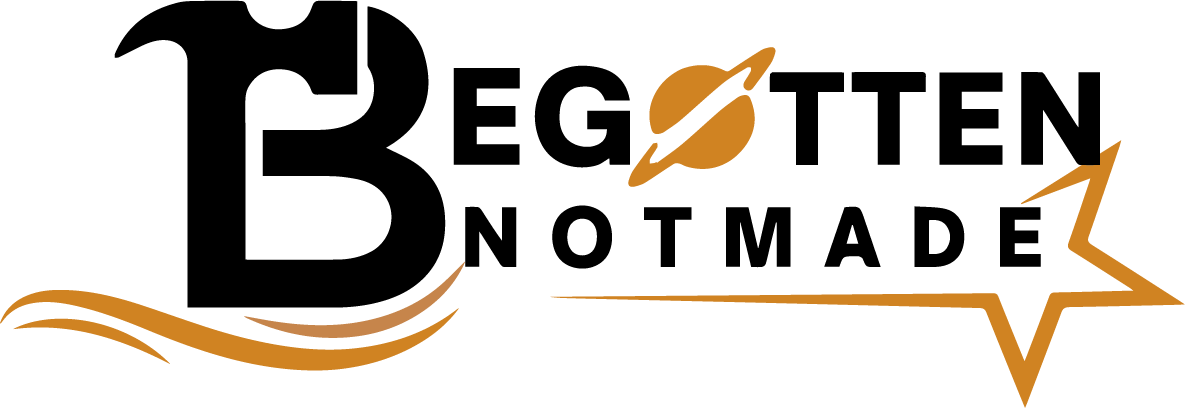Pakistan has publicly expressed its preference for peaceful diplomatic solutions to Iran’s nuclear program disputes, stressing adherence to international law and the UN Charter as the only viable means of long-term stability.
Pakistan’s UN Ambassador, Asim Iftikhar Ahmad, made it clear during a United Nations Security Council briefing on Resolution 2231 (2015) and the Joint Comprehensive Plan of Action (JCPOA), that his country “reaffirms support for peaceful means, diplomatic engagement, and sustained dialogue as the means for resolving Iran nuclear issues through dialogue”
radio.gov.pk; x.com and dunyanews.tv are available with more details.
He advocated a full renewal of the JCPOA–or an equally robust agreement–before its expiration in October 2025, dunyanews.tv reported.
Building upon this position, Pakistan Deputy Prime Minister and Foreign Minister Ishaq Dar reiterated Pakistan’s principled approach toward Iran, emphasizing their right to self-defense under Article 51 of the UN Charter and Israel’s recent strikes on IAEA-safeguarded nuclear facilities as violations of international law as well as double standards; Dar urged the international community to hold Israel accountable. (En.wikipedia.org; Businessinsider;pk and Pakun.org all offer coverage.)
Shehbaz Sharif met with Iranian President Masoud Pezeshkian over the phone to convey Pakistan’s firm support on all diplomatic platforms, such as the UN Security Council and OIC. He stressed the need for all parties involved to adhere to international law and to the UN Charter; welcoming Iran’s willingness to de-escalate through negotiation (Wrp.org.uk/aranews, Triune.com/Pakistan etc). Whilst
Reports indicate that Pakistan, together with China and Russia, pushed for a draft UN Security Council resolution calling for an immediate and unconditional ceasefire between Iran and Israel — underscoring Islamabad’s proactive role in regional dialogue. Radio.gov.pk = two Radio Govern Pakistan +two Wsj +2 = BusinessInsider Pk
Pakistan’s statement comes as tensions escalate across the Middle East after U.S. and Israeli strikes on Iranian nuclear sites, prompting Islamabad to condemn them as violations of international norms and caution against further destabilization (wrp.org.uk, Reuter’s, Wikipedia).
Pakistani Senator appeal to international court has denounced U.S. attacks as war crimes, underscoring Islamabad’s strong legal position.
Pakistani leaders have gone beyond rhetoric by engaging in high-level diplomacy. Prime Minister Nawaz Sharif held phone conversations with both Iran and Saudi Arabia’s Crown Prince Mohammed bin Salman – reinforcing Pakistan’s position as a mediator and underscoring solidarity and regional coordination through such calls, according to arabnews.com.
Pakistan must strike a balance between domestic security concerns and national security implications in negotiating relations with Iran, particularly national security risks that might emerge if Iran were destabilized; officials recognize the risk of militant spillover along the Iran-Pakistan border if Iran becomes unstable; this has long been seen as a key fear, given groups like Jaish al-Adl’s growing influence within Pakistan’s borders, according to officials at both governments.
Why it Matters Multilateral Diplomacy: Pakistan has repeatedly signaled their preference for multilateral frameworks over unilateral measures by calling for reinstating or replacing the JCPOA.
Regional Stability: Islamabad’s stated intention in opposing military strikes and encouraging legal compliance is to reduce regional escalation and position itself as a voice of moderation.
Strategic Positioning: Pakistan has achieved a delicate balance between supporting Iran while being aware of how its relations impact Gulf states and global powers.
What to Expect
Pakistan will likely continue pushing for an updated international agreement ahead of October’s JCPOA deadline, possibly through diplomatic efforts at the UN Security Council and OIC forums that aim to build consensus for nuclear de-escalation.
